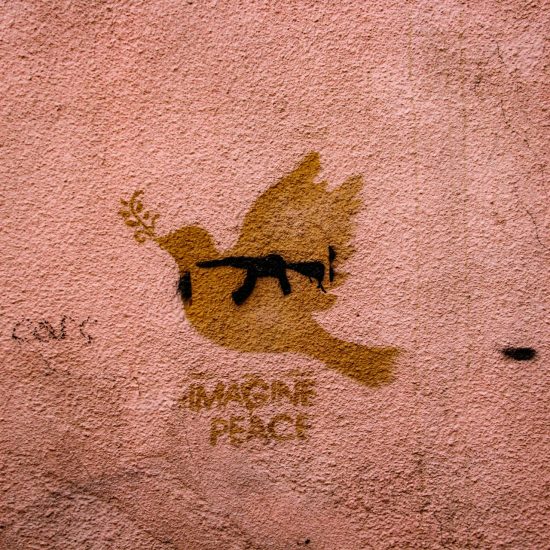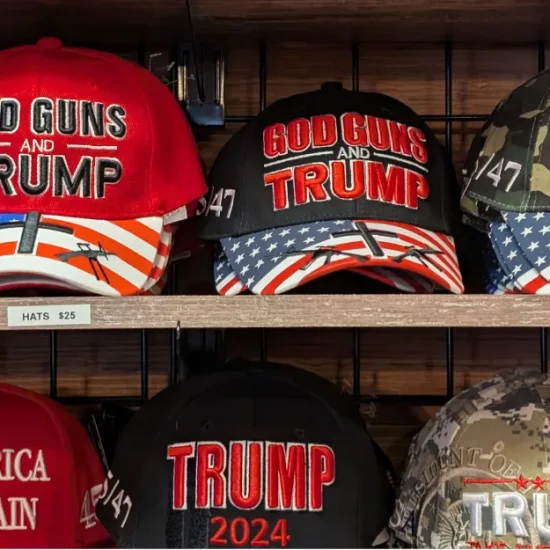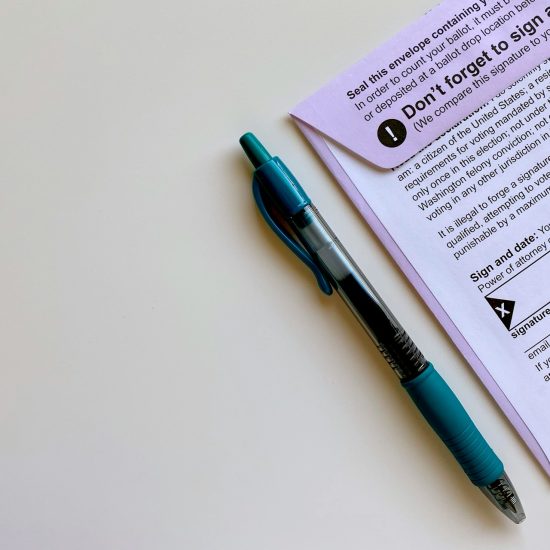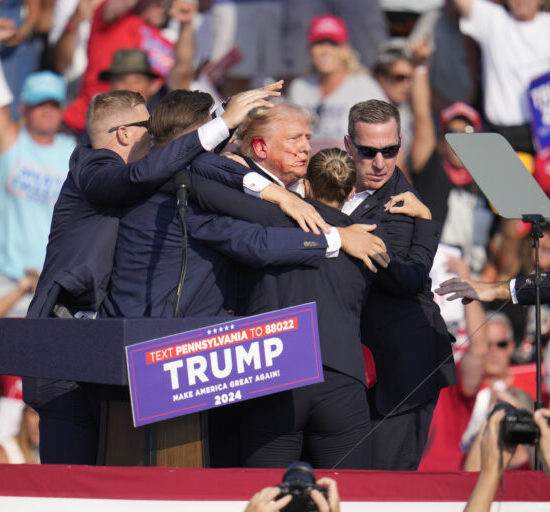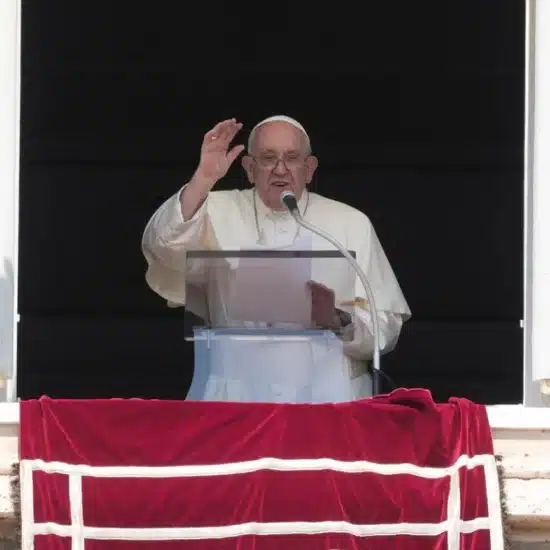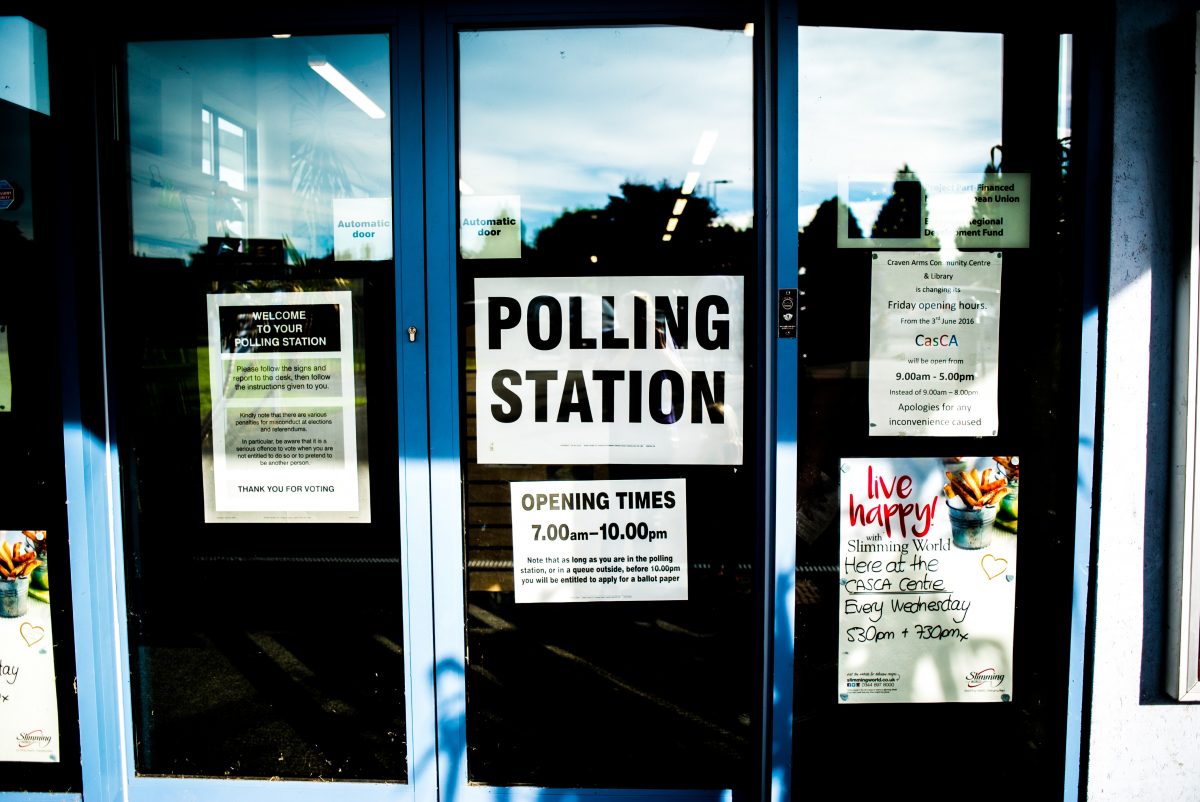
(RNS) — Over the past five years, the U.S. has seen a marked increase in political violence — from an uptick in hate crimes nationally to the attempted assassinations of leading political figures to threats of violence against female politicians (from both parties), such as the recently discovered plot to kidnap Michigan Gov. Gretchen Whitmer.

Jennifer Butler
Political violence has been used many times to disenfranchise marginalized groups. But we’ve never had incitement tools as powerful as social media and mobile technology, which can deliver dangerous messages to screens around the world in an instant.
Some of the most dangerous even come from the president’s campaign, which recently sent a text message to supporters warning: “ANTIFA ALERT They’ll attack your homes if Joe wins.” This isn’t a get-out-the-vote message, it’s a call to arms.
“What we know from international experience — as well as the U.S.’ own history of political violence — is that elections can accelerate and exacerbate these conflict dynamics,” said Samantha Owens, U.S. regional director of Over Zero, a violence-prevention group that works with faith communities.”
“What’s important to recognize,” Owens continued, is that “while the risks remain high, they are by no means inevitable. Leaders from all walks of life play a critical role in bolstering community resilience to violence from now through inauguration.”
In every election year, pastors wrestle with how to address hot-button issues and political divisions within our congregations. This year, we have a more urgent duty: preventing violence targeting people regarded as political adversaries.
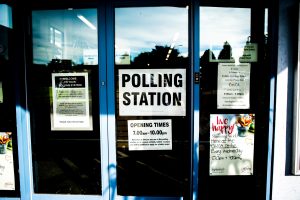
(Elliott Stallion/Unsplash)
Political disagreement among Christians is as old as the church itself, and I don’t expect us all to agree on every issue. But whether we are liberal or conservative, the continuity of democracy and peaceful transfer of power is safer than the alternative. Together, we can save lives if we unite in keeping the peace on November 3rd and in the potential aftermath amid disputed results.
“Religious leaders have a unique power to be violence preventers during polarized times like elections, given the trust, credibility and reach inherent to their positions” says Samantha Owens. “They can do many concrete things to reduce the danger.”
My organization, Faith in Public Life, has partnered with Owens’s Over Zero on numerous clergy trainings. Here are some lessons we have shared with faith leaders.
First, recognize the warning signs. If you’re reading this, you’ve begun the work. Pay close attention to rhetoric that increases the risk of violence, especially on social media, local media outlets and by word of mouth.
There are two broad categories of dangerous speech — words that portray an ‘other’ as a threat, and words that prepare your own group to act. The former are easy to recognize: dehumanization or portraying a group as a collective threat to your safety and way of life. The latter are subtler but just as dangerous. Praising virtues associated with violence, such as toughness and ruthlessness, ratchets up the threat. So does rhetoric that implies that we may have no choice but to defend ourselves. Hold yourself accountable to avoiding these.
Second, calm the waters by appealing to unifying, peace-promoting values that our congregations hold dear. A leader of a conservative church, for example, can say things like “part of being a pro-life Christian is resisting the urge to take up arms, even in times of temptation.” Drive peace-activating values messages home everywhere you can: sermons, emails, everyday conversations, social media posts and newsletters.
Third, reach out across divides. Holding public events or community dialogs with leaders of different faiths and political persuasions helps counteract dehumanizing rhetoric. A panel discussion with an imam, a Southern Baptist pastor, and a Black Lives Matter organizer would go a long way, even if it doesn’t lead to consensus.
Again, this isn’t about papering over differences. If you sit at a table with people who are being portrayed as a threat, it sends a powerful message.
Fourth, help people become more empathetic by asking questions rather than giving instructions. Questions such as “When someone assumes the worst about us based on our Christian faith, do you feel fairly treated?” are much more effective than accusing people of being mean spirited.
Given this summer’s state violence against protesters, street clashes between far-right groups and antifascists and the proliferation of reckless rhetoric on social media, we cannot take a bloodless election for granted. But people of faith have unique power to keep the peace, now and in the long term.
Rev. Jennifer Butler is CEO of Faith in Public Life. She was chair of the President’s Advisory Council on Faith-Based and Neighborhood Partnerships under the Obama administration.


